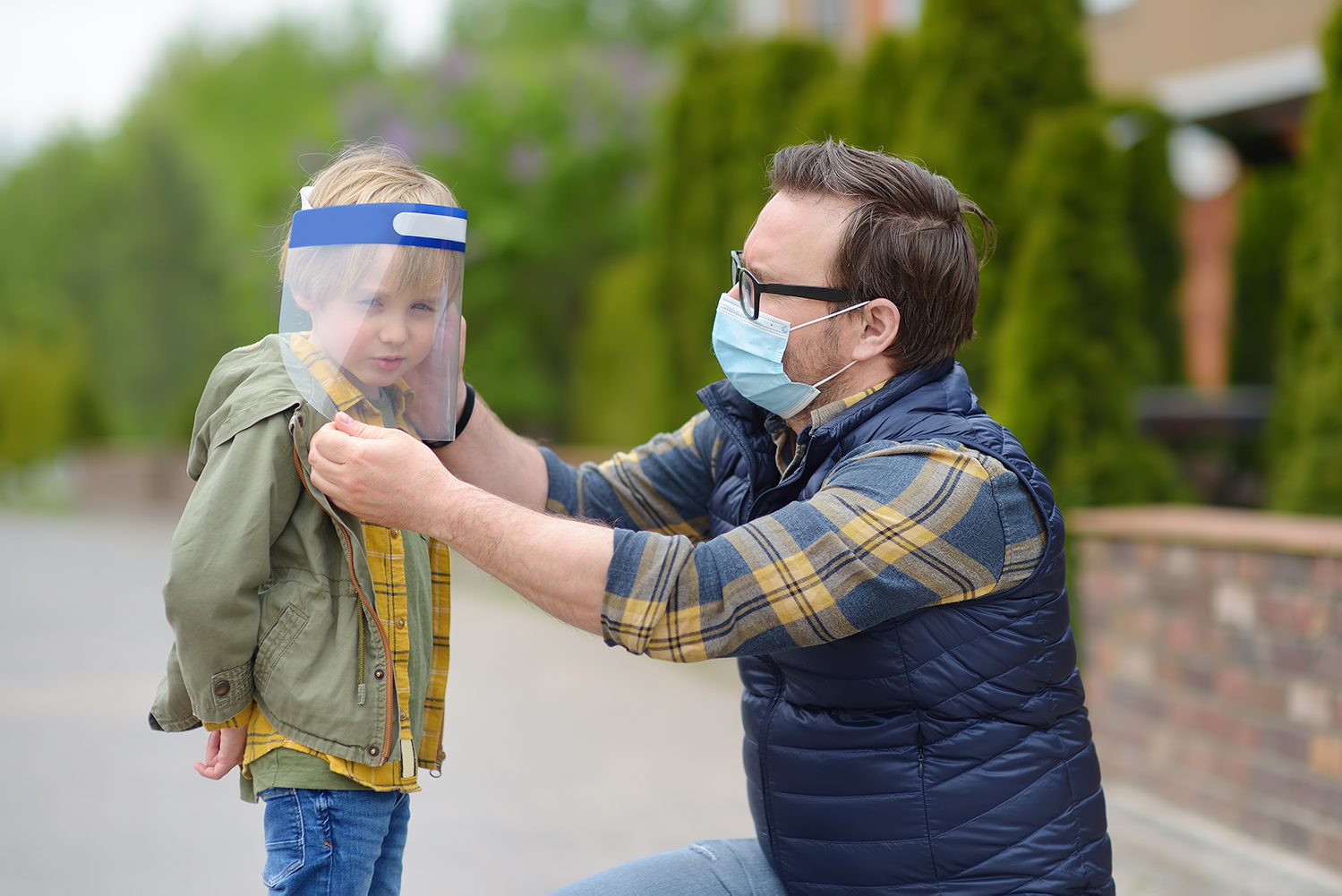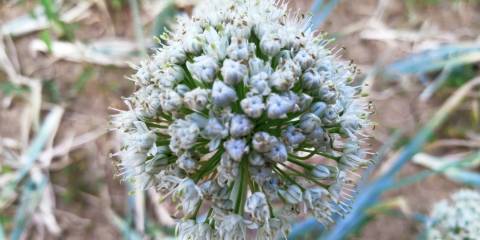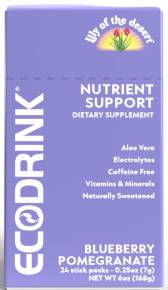The US Centers for Disease Control and Prevention (CDC) has provided new masking guidelines to help people protect themselves against COVID and its variants.
“Masking is a critical public health tool to prevent the spread of COVID-19,” according to a CDC news release, “and it is important to remember that any mask is better than no mask.” However, some masks provide better protection.
When Should You Wear a Mask?
“Because it’s possible to have coronavirus without showing symptoms, it is best to wear a face covering even if you think you are healthy,” says Lisa Maragakis, MD, MPH, of Johns Hopkins Medicine. “If you have COVID-19 and are not showing symptoms, a face mask reduces your chance of spreading the infection to others” when you talk, cough, or sneeze.
Choosing a Face Covering
What to Look For in a Good Mask
Choosing the right mask can make a difference in how well you protect yourself and others. The CDC’s latest guidelines include the following types (ranked here from lowest level of protection to highest):
- Cloth masks, including gaiters, that are loosely woven. If you hold it up to a light source and can see dots of light through the fabric, that’s a sign that virus particles can leak through.
- Multilayer masks made of finely woven cloth are a better choice if they fit well.
- Disposable surgical masks and KN95s that fit well may offer more protection.
- Respirator masks, including N95s, that are approved by NIOSH (National Institute for Occupational Safety and Health) that fit well, with no gaps, offer the highest level of protection. Surgical N95s are a specific type of respirator that should be reserved for healthcare settings.
What to Avoid in a Face Covering
- A loosely fitting mask that allows air leaks around your chin, cheeks, and nose.
- Wet or dirty masks with no nose wires.





